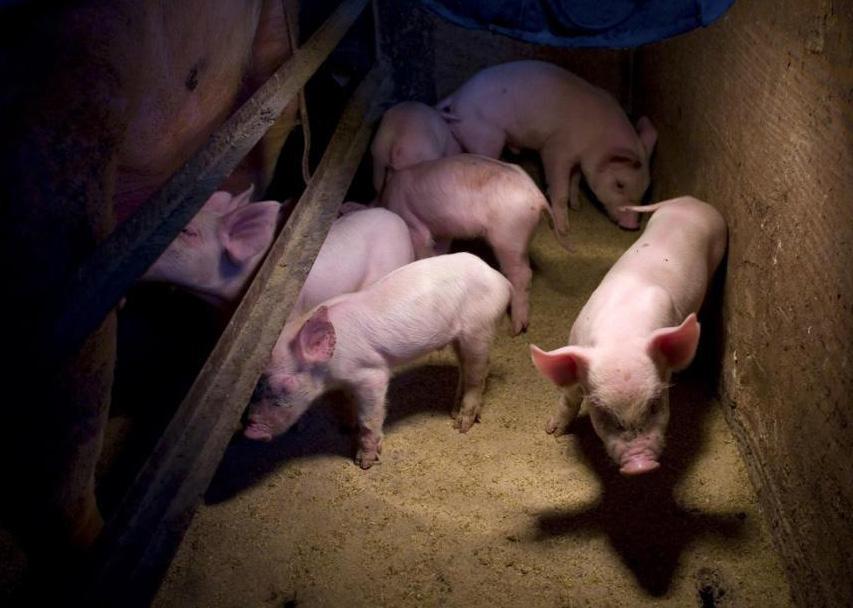
1 minute read
Porky Outbreak
from Burador


Advertisement
BY FELIPE DIMACULANGAN, II


Too early for fasting, last quarter of this year has the Filipinos resorted to eating chicken or fish instead of pork lest they were to be infected by the disease that killed over 62, 000 pigs since the outbreak as according to the Oct. 24 African Swine Fever bulletin of the Food and Agriculture Organization.
African swine fever, spread by the DNA (deoxyribonucleic acid) virus of Asfarviridae, is a fatally contagious viral disease that causes hemorrhagic fever in domestic pigs and endemic wild boars. It only affects pigs and not people, so it is not a public health threat or food safety concern. As to the European Food Safety Authority, the disease is typically spread through bites of infectious ticks, contact with contaminated animals and objects, and ingestion of virus-contained animal meat. World Organization for Animal Health furthered that its symptoms include high fever, diarrhea, and redness of the ears, abdomen, and legs. The disease is fatal for pigs; it, however, is not transmittable to humans. Neither are there vaccines nor cures. The deadly pig virus is also responsible for consequent economic and production loss. Reports account that P200 billion are earned from the local hog industry, but the sudden outbreak aggravated the P1 billion loss or about $20 million per month since the Department of Agriculture asserted the first ASF case on July 25. Allayed was the swine fever scare perhaps for no more cases anew this closing month of December. While it is now the season of holidays and lechon cannot be any clearer safe to serve in this time’s Filipino Christmas, may it come to our mind that the ASF outbreak remains to be halt and that it already killed nearly 30,000 pigs in our neighbour Indonesia. ***














